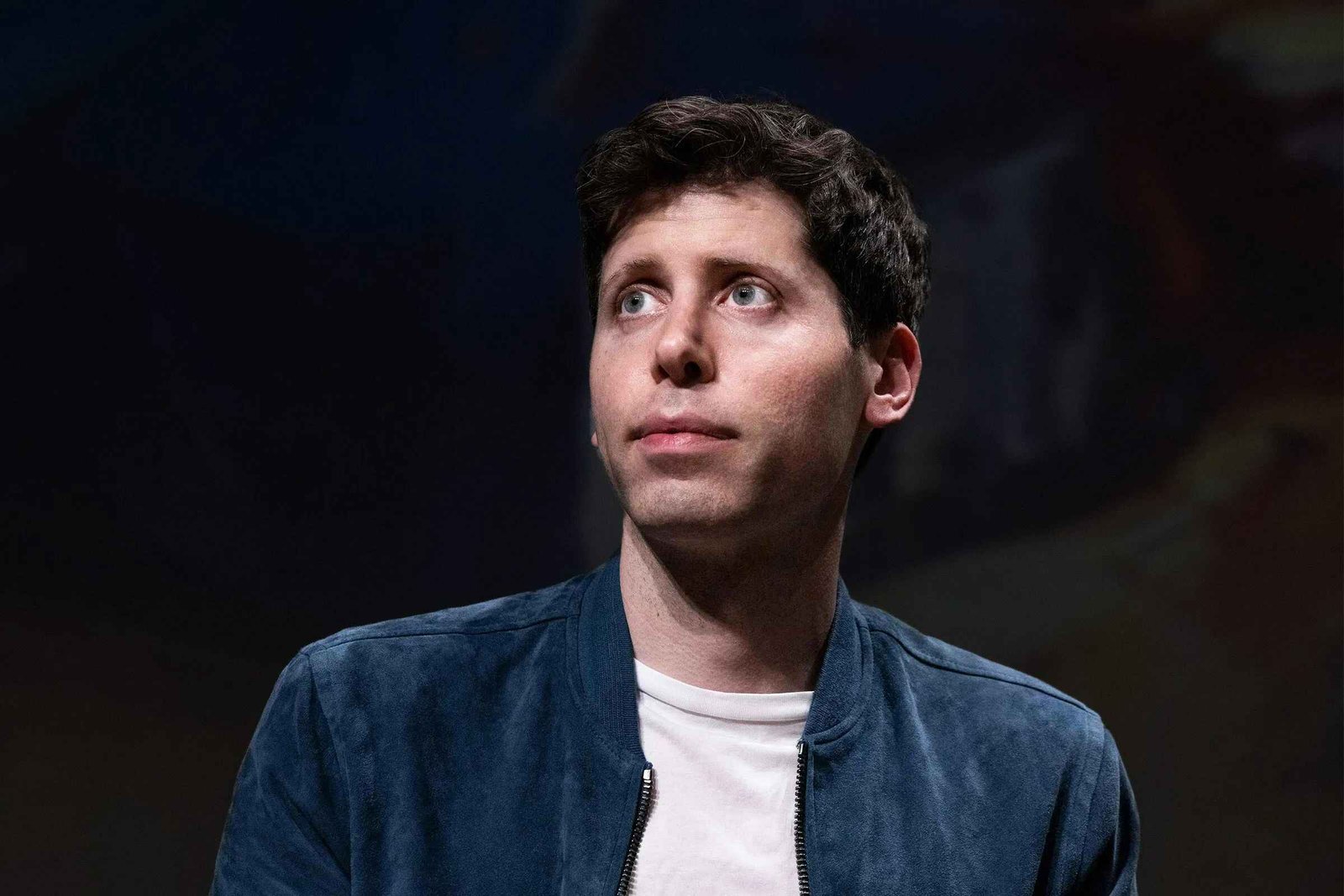In a significant strategic shift, OpenAI has announced it will maintain its nonprofit governance structure, reversing previous plans to transition into a fully for-profit entity. This decision comes amid mounting legal pressures, public criticism, and internal debates about the organization’s mission and structure.
A Return to Nonprofit Oversight
Founded in 2015 with the mission to ensure artificial general intelligence (AGI) benefits all of humanity, OpenAI has decided to preserve its nonprofit status. The organization’s for-profit subsidiary, established in 2019, will now transition into a Public Benefit Corporation (PBC). This structure allows the entity to pursue profit while being legally obligated to consider societal impacts, ensuring alignment with OpenAI’s foundational mission .OpenAI
“OpenAI was founded as a nonprofit, and is today overseen and controlled by that nonprofit. Going forward, it will continue to be overseen and controlled by that nonprofit,” stated the company in its official blog post .
Financial Growth Amid Structural Changes
Despite the organizational restructuring, OpenAI’s financial trajectory remains robust. The company has secured a monumental $40 billion funding round led by SoftBank, elevating its valuation to $300 billion. This capital infusion is earmarked for advancing AI research, expanding computational infrastructure, and enhancing tools for its 500 million weekly ChatGPT users
OpenAI projects its revenue to more than triple, reaching $12.7 billion in 2025, with expectations to soar to $29.4 billion by 2026 . However, the company does not anticipate being cash-flow positive until 2029, attributing the delay to significant investments in chips, data centers, and talent necessary for developing cutting-edge AI systems .
Legal Challenges and Ethical Considerations
OpenAI’s decision to retain nonprofit control follows legal scrutiny and criticism from various stakeholders, including co-founder Elon Musk. Musk filed a lawsuit alleging that OpenAI had deviated from its mission to benefit humanity. The company confirmed collaboration with Microsoft, regulators, and new nonprofit commissioners to finalize the plan
Discussions with the Attorneys General of California and Delaware also influenced the decision, ensuring that OpenAI’s restructuring aligns with legal and ethical standards .
🔮 Looking Ahead
OpenAI’s reaffirmation of its nonprofit roots amidst significant financial growth and legal challenges underscores the complex interplay between innovation, ethics, and governance in the rapidly evolving AI landscape. As the organization navigates these dynamics, its commitment to ensuring that AGI benefits all of humanity remains at the forefront of its mission.
For more insights into OpenAI’s journey and the evolving AI industry, stay tuned to our blog.


